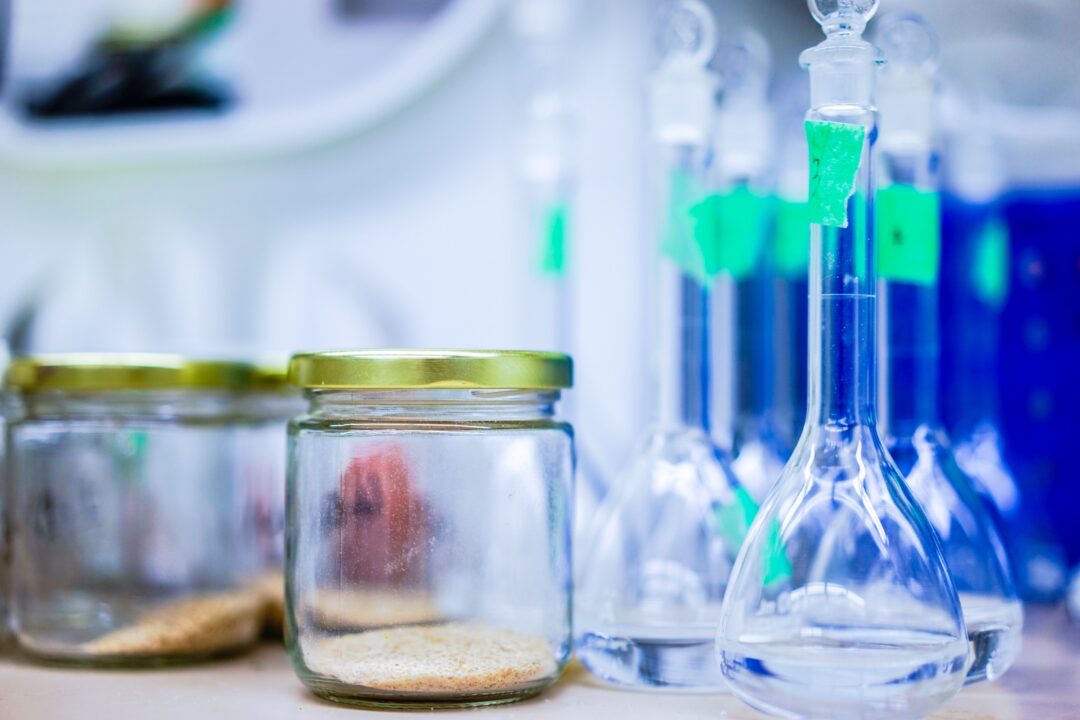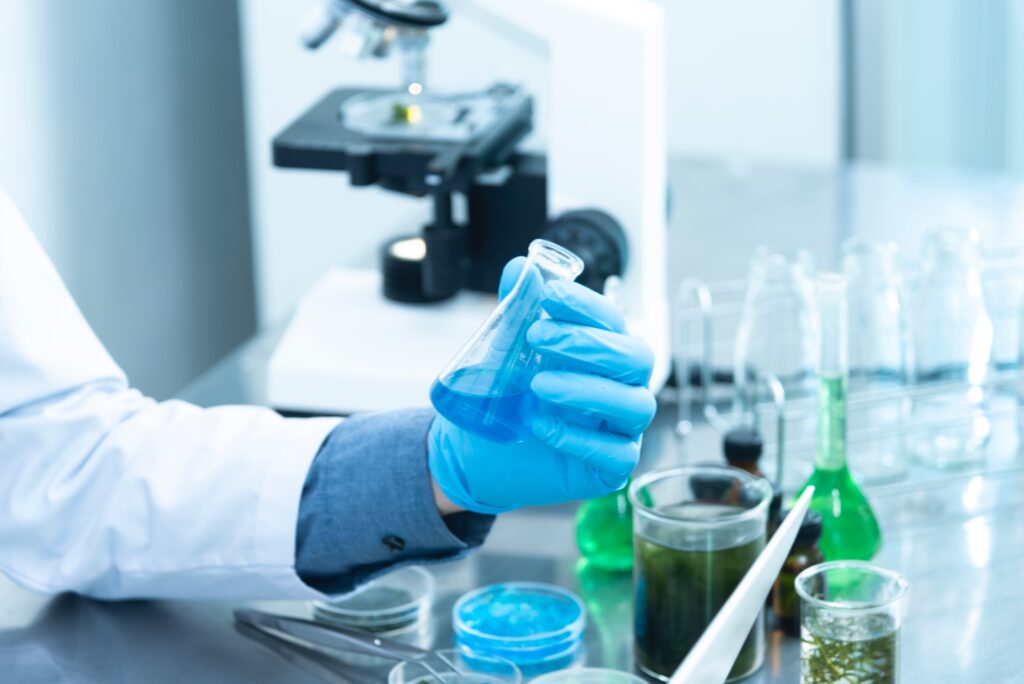Lignosulphonate is a versatile and widely-used chemical compound that is used in a range of industrial applications, including construction, agriculture, and food processing.
In 3dresources.com.my , lignosulphonate is being used as an additive in construction materials, due to its unique properties and benefits.
In this article, we will explore what lignosulphonate is, how it works, and the benefits it offers.
What is Lignosulphonate?

Lignosulphonate is a complex organic polymer that is derived from lignin, a naturally-occurring substance found in the cell walls of plants.
It is a byproduct of the pulp and paper manufacturing process, and is available in both liquid and powder form.
Lignosulphonate is commonly used as an additive in concrete, where it serves as a water-reducing agent, allowing for a more efficient and cost-effective production process.
How Does Lignosulphonate Work?
Lignosulphonate works by binding with calcium ions in the concrete mixture, reducing the amount of water required to achieve the desired consistency. This not only makes the production process more efficient, but also results in a stronger and more durable end product. Additionally, lignosulphonate can improve the workability and finishability of the concrete, making it easier to pour and shape.
Benefits

- Improved Strength and Durability
One of the main benefits of using lignosulphonate in concrete is that it can improve the strength and durability of the end product. This is because it reduces the amount of water required in the production process, resulting in a denser and more tightly-packed mixture that is less susceptible to cracking and other forms of damage.
- Cost-Effectiveness
Lignosulphonate is also a cost-effective additive, as it allows for a more efficient production process. By reducing the amount of water required, it can help to lower the overall cost of producing concrete, making it a more affordable option for construction projects of all sizes.
- Improved Workability and Finishability
Another benefit of using lignosulphonate in concrete is that it can improve the workability and finishability of the mixture. This makes it easier to pour and shape, resulting in a smoother and more attractive finish.
- Environmentally-Friendly
Lignosulphonate is an environmentally-friendly additive, as it is derived from a renewable resource (lignin) and does not contain any harmful chemicals or toxins. This makes it a more sustainable option for construction projects, particularly in Malaysia where environmental sustainability is an increasingly important issue.
Conclusion
In conclusion, lignosulphonate is a versatile and beneficial additive that is increasingly being used in construction projects throughout Malaysia.
Its unique properties and numerous benefits make it a valuable tool for producing high-quality concrete that is strong, durable, and cost-effective.
As the demand for sustainable and environmentally-friendly construction materials continues to grow, lignosulphonate is likely to play an increasingly important role in the construction industry in Malaysia and beyond.…



